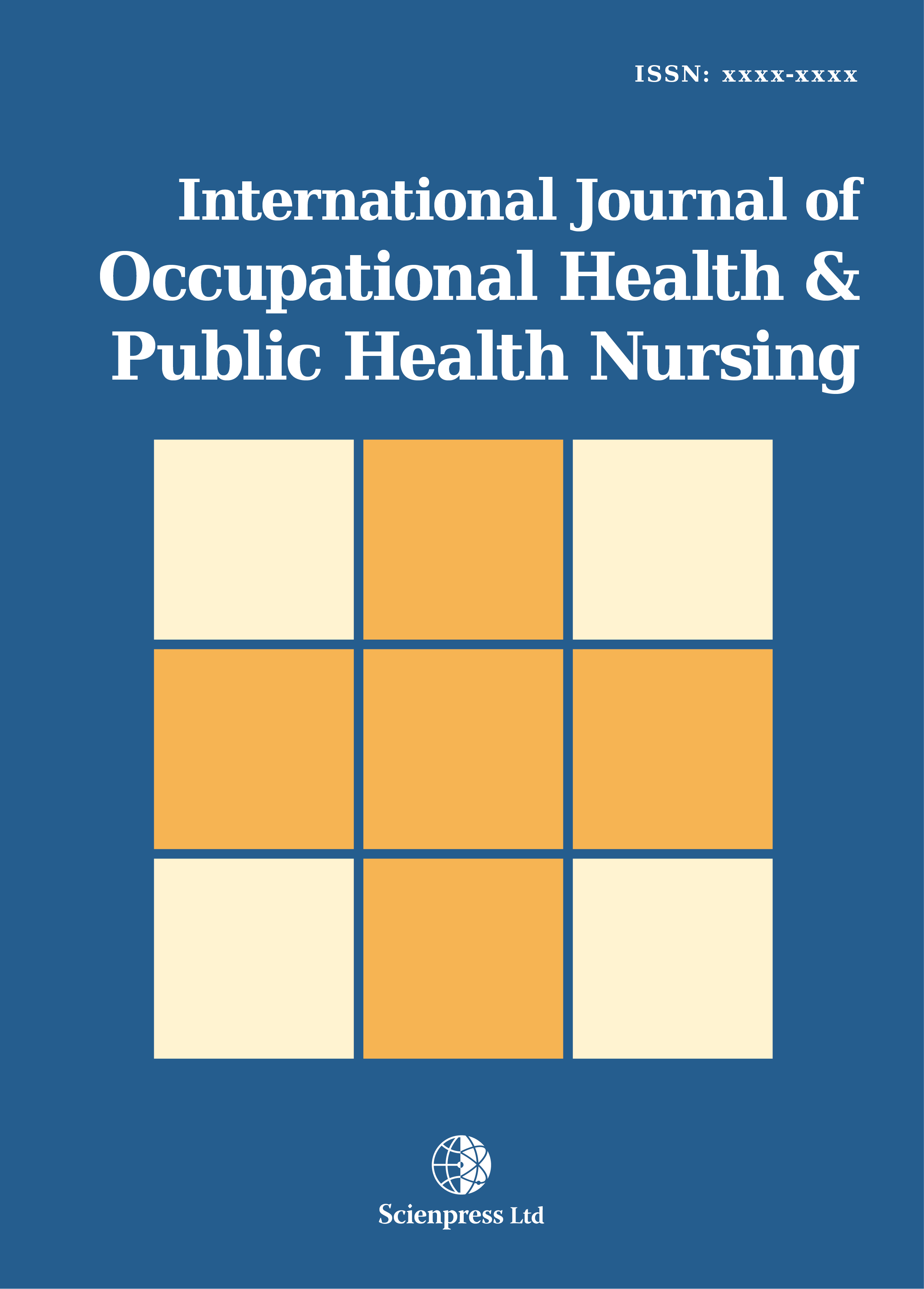International Journal Of Occupational Health and Public Health Nursing
Influence of Exogenous-Environmental or Occupational-Factors on Male Fertility
-
 [ Download ]
[ Download ]
- Times downloaded: 10446
-
Abstract
Sperm dysfunction is the single most common cause of worldwide infertility. The aim of this study was to investigate the influence of exogenous (environmental, lifestyle and occupational) factors on male fertility. Based on semen analysis, a retrospective case-control study was conducted among 140 males, 70 of them were dyspermic (cases) and 70 were classified as euspermic (controls). Cases were selected randomly among visitors to a specialized laboratory and controls among apparently healthy people from the general population. Ten exogenous risk factors/hazards were compared within the two groups. The odds ratios were calculated using logistic regression and were estimated as 1.7 for alcohol consumption, 1.65 for heavy tobacco smoking, 1.6 for extended driving, 1.55 for scrotal hyperthermia and 1.21 for prolonged sitting posture. The synergistic effect of multiple factors on male fertility was studied and the results were statistically significant. Selected exogenous factors can affect significantly male fertility and therefore preventive measures that can eliminate or reduce them could increase the fertilization capacity.
